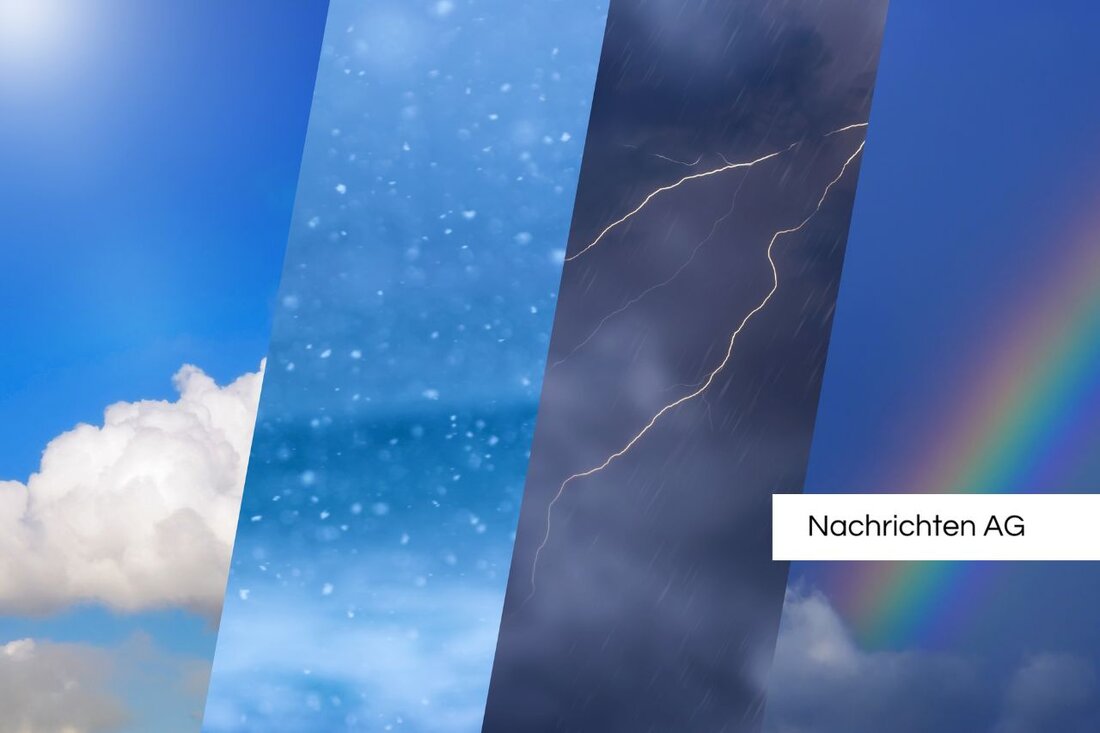Air quality in Rostock: fine dust alarm on Holbein-Platz!
Air quality in Rostock: fine dust alarm on Holbein-Platz!
Air quality in many German cities is always the focus of the discussion - and this is no different in Rostock either. Today, on July 7, 2025, the measuring stations on Holbein-Platz in Rostock recorded the current values for fine dust pollution (PM10). These measurements are crucial to understand how clean the air around us is actually.
The air quality is measured using three main values: fine dust, nitrogen dioxide and ozone. Depending on the concentration of these pollutants, there are defined limit values. With very high loads, people who are sensitive to pollutants are encouraged to limit their outdoor activities. For example, the following applies: With “very bad” values, you should avoid any physical exertion outdoors. This shows how important it is to keep an eye on the current values. In recent years, fine dust pollution has improved significantly. The Federal Environment Agency emphasizes that the PM10 annual means in Germany have been between 15 and 20 µg/m³ since 2000, which means a decrease of 50 µg/m³ in the 1990s. This positive development is not least due to improved air pollution control policies that regulate both natural and human fine dust sources. In the cities, traffic, industry and heating are in particular the great causes. What is often underestimated are the weather conditions that can cause strong fluctuations in the fine dust concentration. High PM10 values can be measured in dry winters or hot summers. The Federal Environment Agency reports that no exceedance of the annual limit of 40 µg/m³ more has been registered since 2012 and that the limit values are observed at all measuring stations. Despite the positive development, air pollution remains the greatest environmental health risk in Europe. According to an analysis by the European Environment Agency (EEA), an estimated 239,000 deaths in the EU are due to fine dust in 2022. These figures make it clear that there is still a need for action to further improve air quality. The EU has set itself the goal of reducing the number of deaths by air pollution by 55 % by 2030. A significant contribution also has the new air quality regulations, which recently came into force and are more oriented towards the guidelines of the World Health Organization. These new standards should help to continue to minimize the health effects of pollutants and thus to promote the general well -being of the population. The developments show that we are on the right track, but each one can also contribute to better air quality. Find out regularly about the current weather and air quality data and consider whether your outdoor activities should be adapted. After all, health is going! Current measured values and their impact
need for action and outlook
| Details | |
|---|---|
| Ort | Holbein-Platz, 18055 Rostock, Deutschland |
| Quellen | |


Kommentare (0)